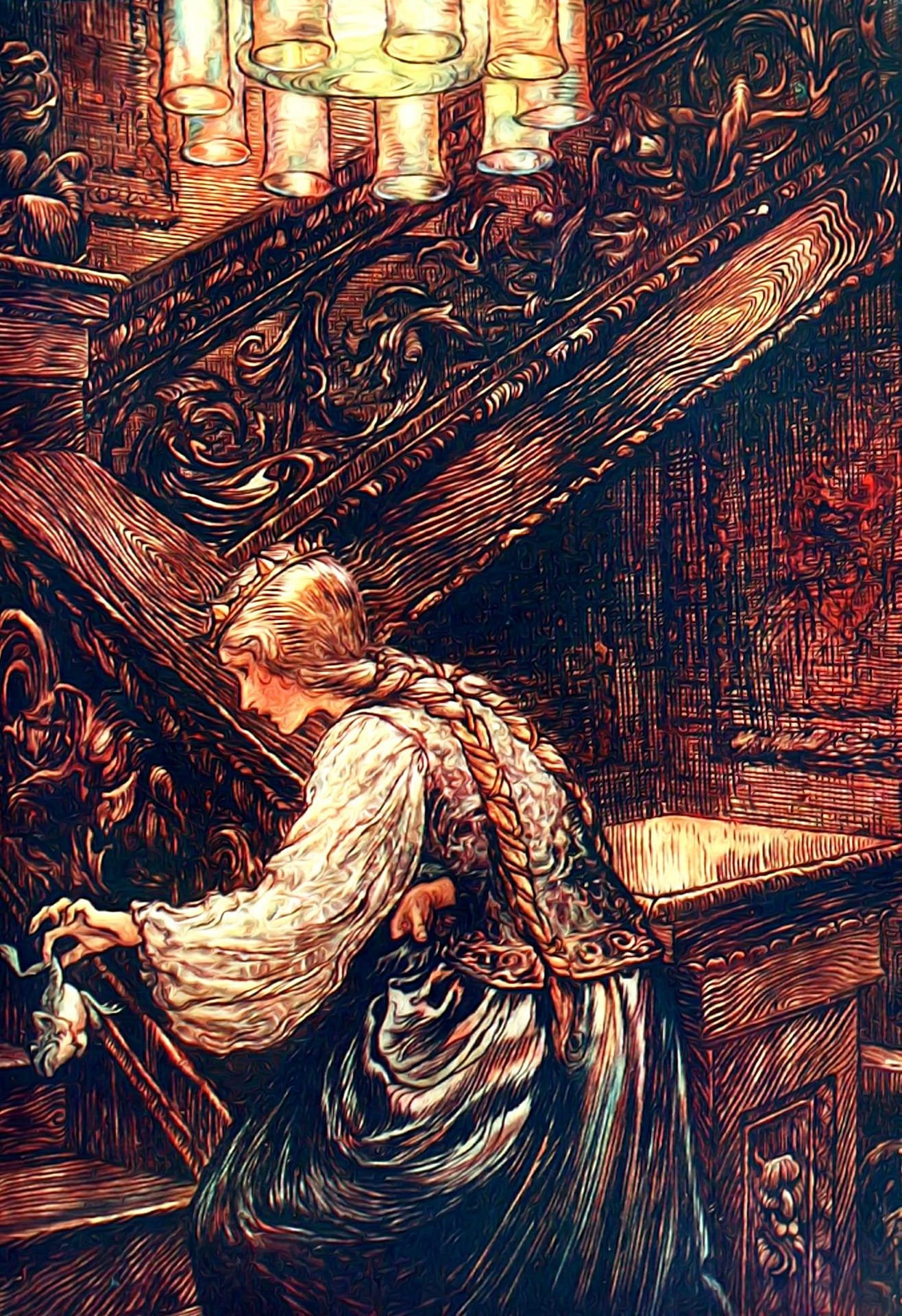By Jane Hamilton
Doubleday, 304 pp.
One day, Henry Shaw, 17 years old and living in Chicago, accidentally logs into to his mother's e-mail account and discovers that Beth Shaw is having an affair with a violinmaker who lives in a log cabin in Wisconsin. In the meantime, Henry's 13-year-old sister, Elvira, has become an obsessive Civil War re-enacter, much to her mother's dismay. And then there is his bemused and somewhat absentminded father, named Kevin, a progressive schoolteacher with socialist leanings who indulges his daughter's peculiar interests and finds himself in frequent brawls with his wife.
Henry tells us the story, looking back at a year framed by his discovery of his mother's adultery at the beginning and his departure for college at the end. In between, little happens that is especially startling. Henry loses his virginity; Elvira is exposed as a girl during a Shiloh reenactment and thrown in a pond by the angry, drunken soldiers of her unit. She avoids a worse fate (though it's not clear that there would have been a worse fate) when Beth Shaw turns uber-mom and rescues her in a knife-wielding display of maternal tigress. But on the whole, the novel is light on plot, heavy on emotion.
It is a story that is not well served by Hamilton's gentle touch. Her writing is soothing, fluid, silkily unnoticeable, and it gives the novel a terribly earnest manner, as if Hamilton is wary of probing too far. She talks calmly about passion, about sex and infidelity, about the delicate balance of family. Henry muses about the emotional costs of his mother's affair but never plumbs the depths of those feelings. It's like looking at a fierce winter storm through the insulated glass of Swiss chalet while sipping wine by a fire.
"I could gaze...back and wonder why I had stayed in Chicago," Henry says, "why I hadn't taken serious drugs or wrecked the Ming dynasty pottery in our neighbor's brownstone for attention.... The true reason...one that I would not have acknowledged, was that...because I moved through the house my mother, I believed, had to stay in place." Henry doesn't rebel, doesn't yell at his mother, because he needs her to stay. Yet, for all of the talk about her affair, the exquisite tumult of that need never manifests itself in other than inert words.
"Disobedience" is a safe novel about unsafe things. Henry's parents fight, often viciously, but these fights seem quaint, nostalgic. Beth lashes out at Kevin for "letting" Elvira shave her head and for letting her deceive the men in her enactment unit. Kevin retorts, in a perfectly level voice, that the embarrassment the men will feel is "good training for what future women will do to them." It's such a zinger that Henry actually repeats it twice, yet it never quite stings. We watch it happen, but we don't feel it zing.
The same goes for the centerpiece of the story, Beth's adultery. Not until the end, when Henry sums up his lesson learned with a reflective 10-page coda, does the book come alive. Finally, he directly discusses feelings and actions. What he understood least, he discovers, was the one thing that he needed to learn most. His mother's lust he could relate to, and his own first love is alternately passionate and confused. But his father's love for his mother, that was a conundrum. "The kinds of love I have felt for various women," he says, "would not have been sufficient to keep me at home and abiding." Henry had been so focused on his mother, he failed to notice the lessons his father was teaching him, without even trying.
It may be that "Disobedience" suffers from characters who are a shade too quirky. At times, there is a transparency to them, a sense that they are fictional characters in a novel and not flesh-and-blood people who happen to be the subject of these pages. But more likely, the problem stems from Hamilton's unwillingness to confront the darkness. She prefers the story to occupy a morally neutral realm, and she even throws in a few radical feminists who give her an opportunity to skewer moral purists.
It isn't incumbent on her to take a moral stand against adultery. But if the story is to have the courage of its convictions, it has to get down in the muck of the feelings that arise. It has to wrestle with the fear, and the confusion, the anger and the rage, and if those are somehow not in evidence, it has to grapple with the powerful human capacity to keep those feelings at a distance. Hamilton has penned an easy read that will undoubtedly touch some readers, but by navigating around the shoals instead of plunging headlong into them she has missed an opportunity to write a book that would disturb, unnerve, and challenge us, and bring us to a place where we weren't before.

